Back in the sixth century before the birth of Christ, the Israelites were in a bad way. They had been separated from their God by sin: against God’s commands, they had betrayed their covenant with the Lord and made foreign alliances, which he had forbidden them to do. He forbade this because he knew that as they made these alliances, they would give in to the temptation to worship the so-called gods of the people they with whom they allied themselves. As punishment, God separated them from their homeland: the cream of the crop of their society were taken into exile in Babylon, and those left behind had no one to lead them and protect them. Because they moved away from God, God seemed to move away from them. But he hadn’t: it was really they who had exiled themselves from God. In today’s first reading, God shows them that he still loves them and cares for them, and promises to make them a new people. I love the line: “See, I am doing something new! Now it springs forth; do you not perceive it?” God would indeed bring them back and create their community anew.
The Israelites were in exile, but exile can take so many forms. And Saint Paul had a good sense of that. For him, the exile was anything that was not Christ; a sentiment we should embrace. Saint Paul knows that he has not yet taken possession of the glory that is promised him by Christ, and so he wants to leave behind the exile of the world and strains forward to all that lies ahead, the goal and prize of God’s calling in Christ.
Which brings us to the woman caught in adultery. We certainly feel sorry for her, caught in the act, dragged in front of Jesus and publicly humiliated. But the truth is, just like the Israelites in the sixth century before Christ, she had actually sinned. And that sin threatened to put her into exile from the community; well, it even threatened her life. The in-your-face reversal in the story, though, is that Jesus doesn’t consider her the only sinner – or even the greatest sinner – in the whole incident. We should probably wonder about the man with whom she was committing adultery; that sin does, after all, take two. And as serious a sin as adultery certainly is, Jesus makes it clear that there are plenty of serious sins out there, and they all exile us from God. As he sits there, writing in the sand, they walk away one by one. What was he writing? Was it a kind of examination of conscience? A kind of list of the sins of the Pharisees? We don’t know. But in Jesus’ words and actions, those Pharisees too were convicted of their sins, and went away – into exile – because of them.
Sin does that to us. It makes exiles out of all of us. The more we sin, the further away from God we become. And it doesn’t have to be that way.
Jimmy and Suzy went to visit their grandparents for a week during the summer. They had a great time, but one day Jimmy was bouncing a ball in the house, which he knew he shouldn’t be doing. It didn’t take long for the ball to hit grandma’s favorite vase, knocking it off the table and breaking it. He picked up the pieces and went out back and hid them in the woodshed. Looking around, the only person who was around was his sister Suzy. She didn’t say anything, but later that day, when grandma asked her to help with the dishes, Suzy said “I think Jimmy wanted to help you,” giving him a rather knowing look. So he did. The next day, grandpa asked Jimmy if he wanted to go out fishing. Suzy jumped right in: “He’d like to, but he promised grandma he would weed the garden.” So Jimmy weeded the garden. As he was doing that, he felt pretty guilty and decided to confess the whole thing to grandma. When he told her what had happened, grandma said, “I know. I was looking out the back window when you were hiding the pieces in the woodshed. I was wondering how long you were going to let Suzy make a slave of you.”
That’s how it is with sin: it makes a slave of us, and keeps us from doing what we really want to do. It puts us deep in exile, just as surely as the ancient Israelites. And it doesn’t have to be that way. You see, it’s easier than we think to end up in exile. All we have to do is a good examination of conscience and then think about the way those sins have affected us. Have they made us feel distant from God, family and friends? Have they caused us to drift in our life and not feel God’s presence in times of hardship?
Exile is heartbreaking. And to the exile of sin, God has three things to say today:
First, “Go, and from now on, do not sin anymore.” That sounds like something that’s easy to say but hard to do. But God never commands us to do something that is impossible for us, or maybe better, he never commands us to do something that is impossible for him to do in us. God’s grace is there if we but turn to him.
Second, God says: “Forget what lies behind and strain forward to what lies ahead.” Once sin is confessed and grace is accepted, the sin is forgotten. God is not a resentful tyrant who keeps a list of our offenses and holds them against us forever. If we confess our sins and accept the grace that is present through the saving sacrifice of Jesus, the sins are forgotten.
Third, God says: “See, I am doing something new. Now it springs forth, do you not perceive it?” We are the ones who get stuck in the past, always fearing to move forward because of past sins, hurts, and resentments. We are called today to be open to the new thing God is doing in our lives. The way to open up is to confess our sins and get rid of the past.
For a long time in my young life, I didn’t go to confession. I didn’t think I needed to. I grew up in that whole time of the church when it was all about how you felt about yourself. Garbage. I knew something was wrong when I was in my young adulthood and felt lost. I took a chance and went to confession at a penance service, and the priest welcomed me back. In that moment, I knew exactly the new thing God was doing in me, and it felt like a huge weight was lifted off of me. In fact, I was released from the exile of all my past sins and hurts.
I never forgot that, and whenever anyone comes to me in confession and says it’s been a long time since they went, I am quick to welcome them back. Because that’s what God wants, and it’s a great privilege for me to be part of that. He wants to lift that weight off of you, to end your exile. All it takes is for you to see that new thing he is doing in you, and to strain forward to what lies ahead.
So we have just a few times left to receive that grace before Holy Week and Easter. We have what we lovingly call “Confessionpalooza” today at 1:30 in the afternoon. We will have thirteen confessors available to hear confessions in English, Spanish, and Polish. If you can come to that festival of mercy, I think you would find it beneficial. If that doesn’t work, our last chances are this coming Friday at 6pm and Saturday at 2pm. Please note that there are no available times for confessions during Holy Week, so please make plans to come this week. Would that we would all take this opportunity to forget what lies behind, and strain forward to what lies ahead. God is doing a new thing in all of us these Lenten days. May we all be open to it.
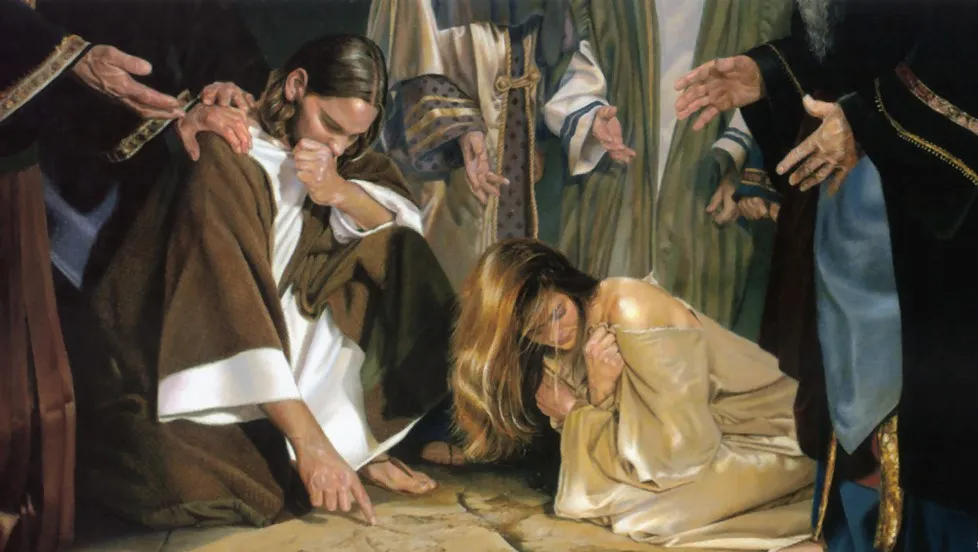
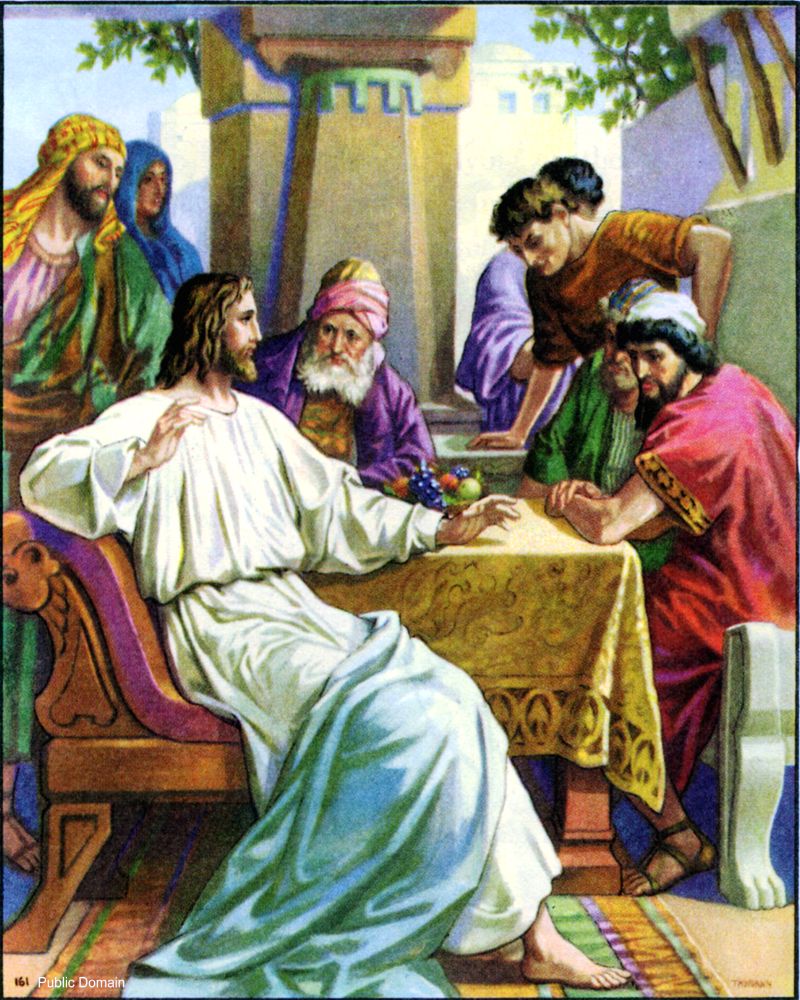
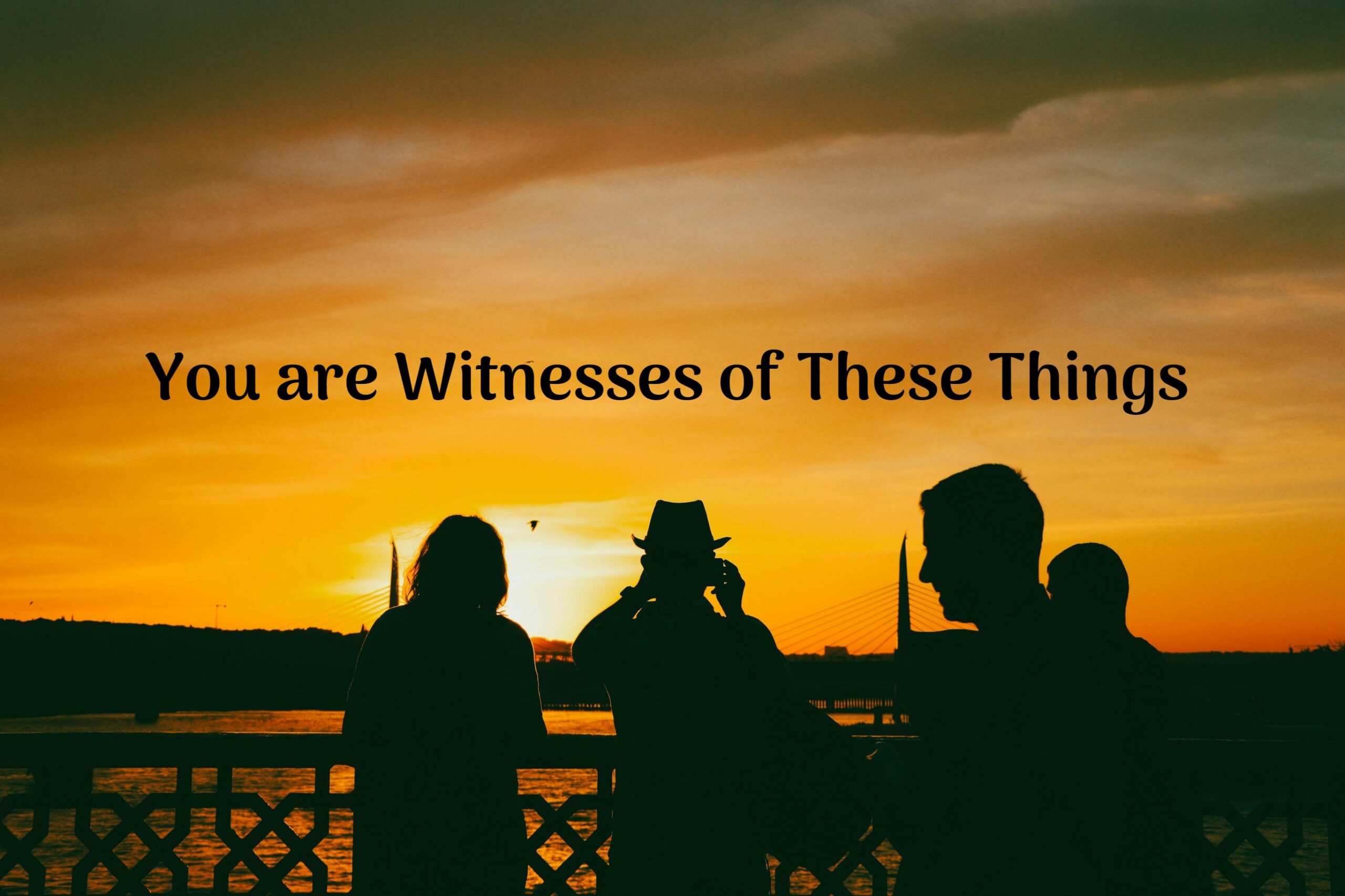
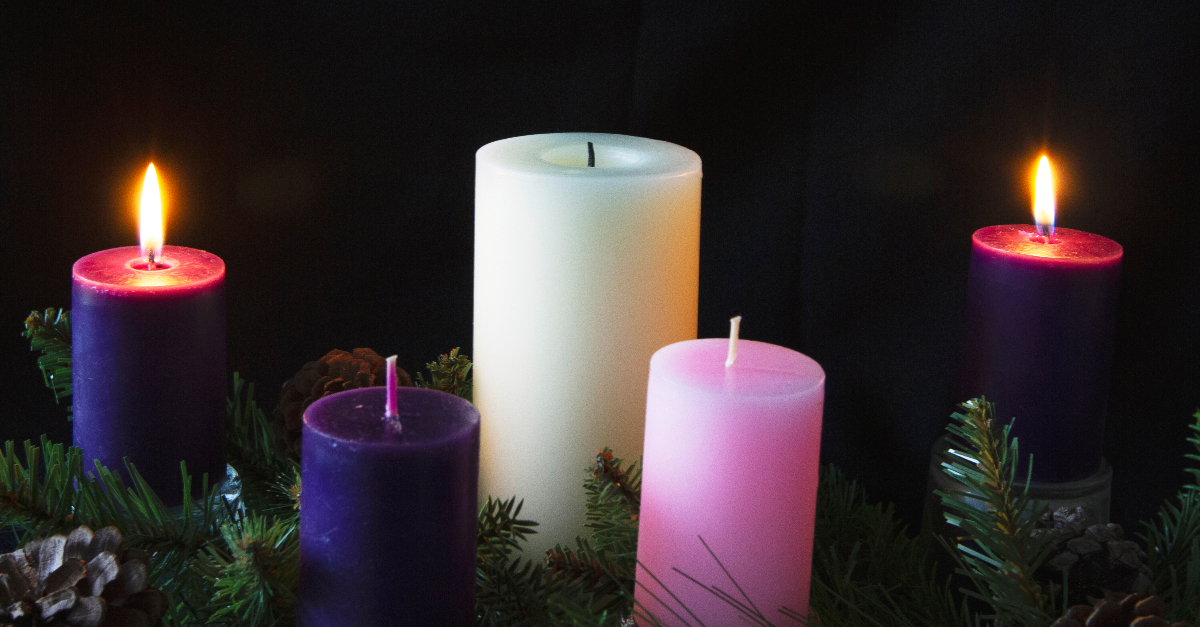
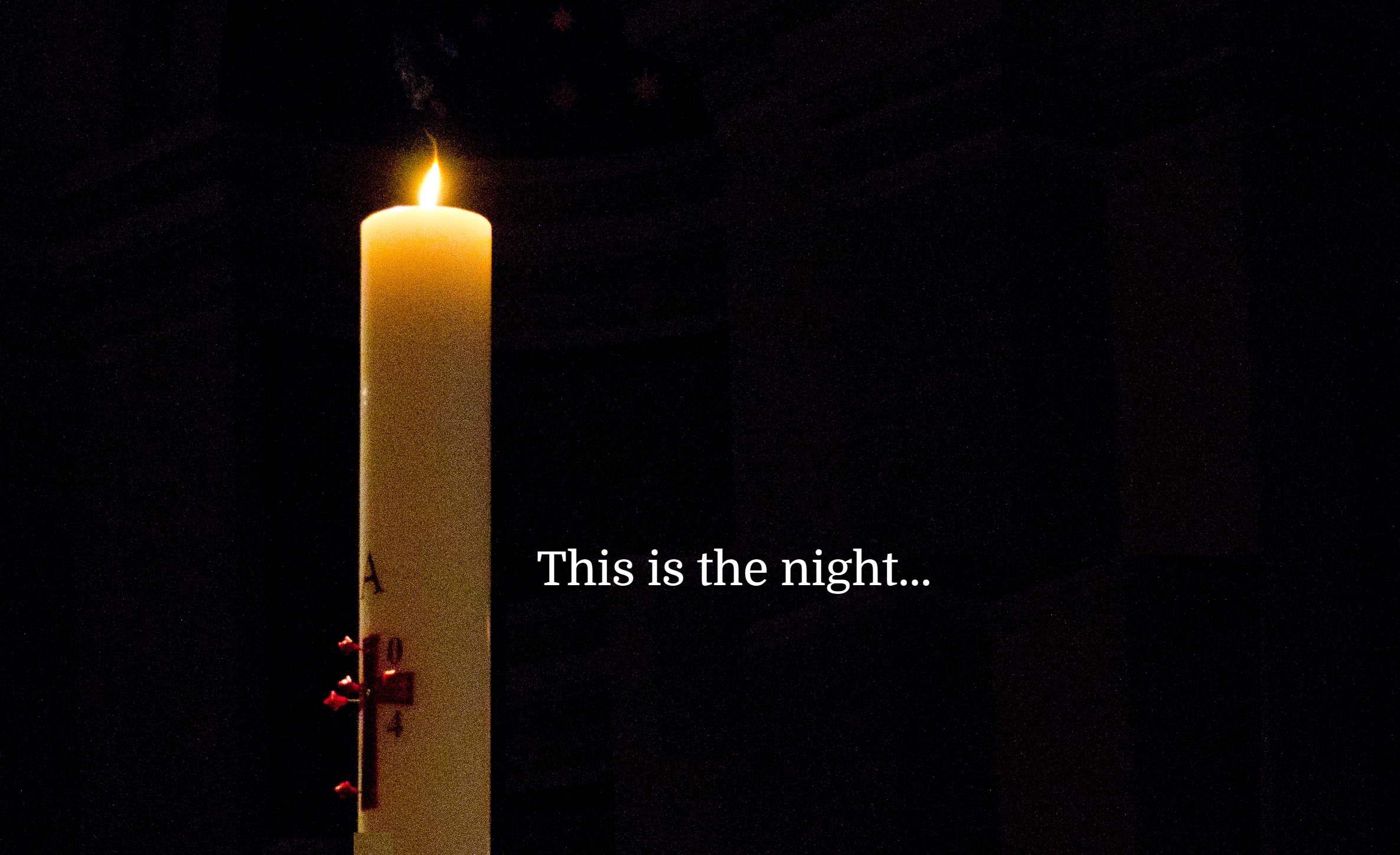
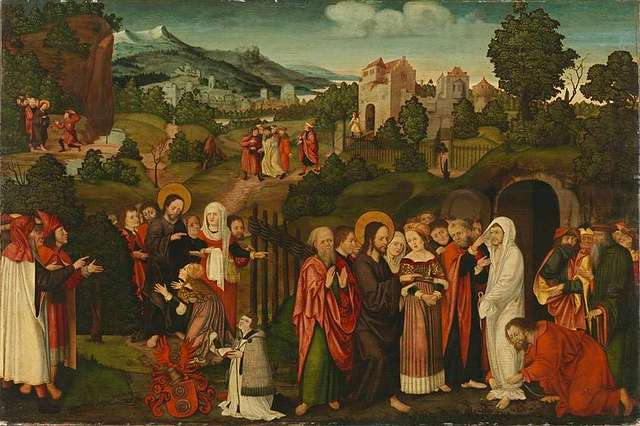
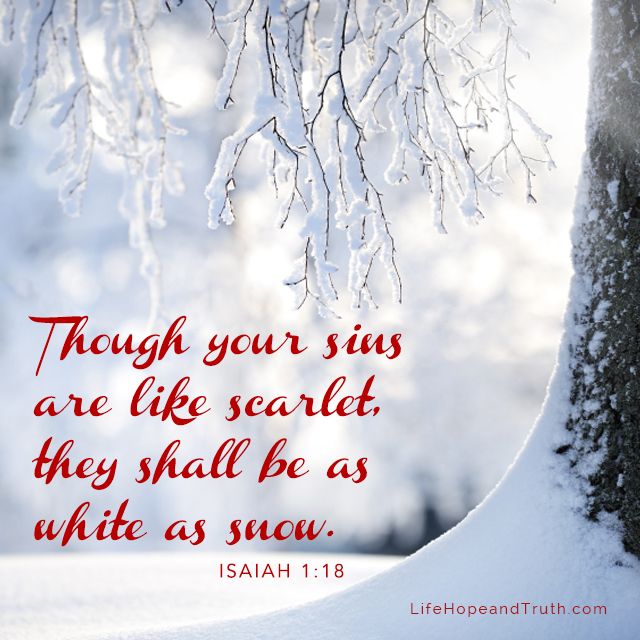

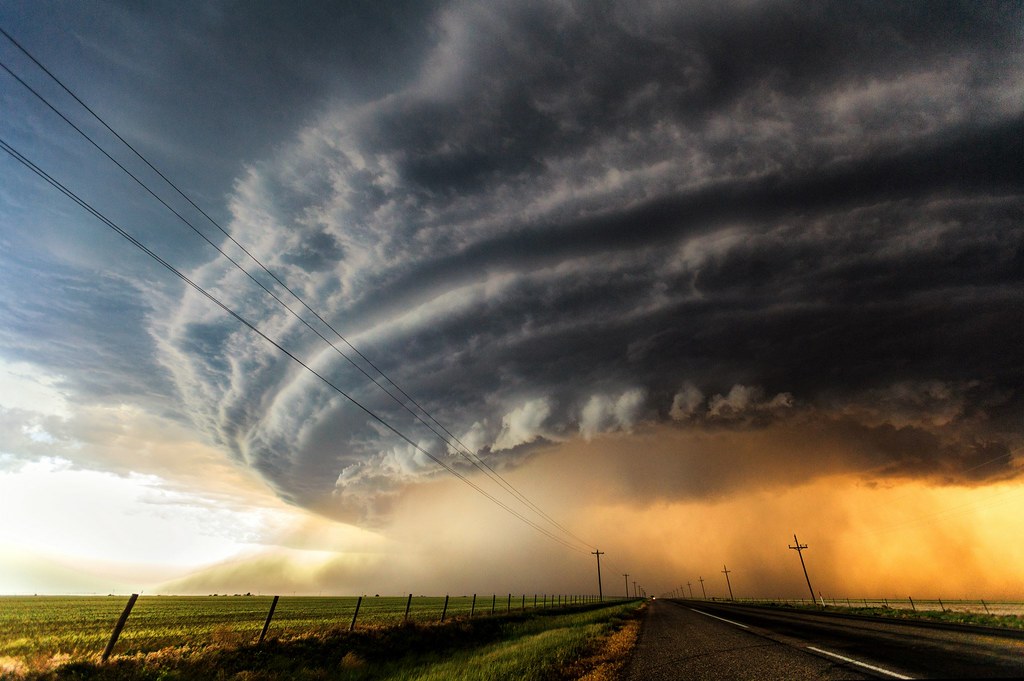
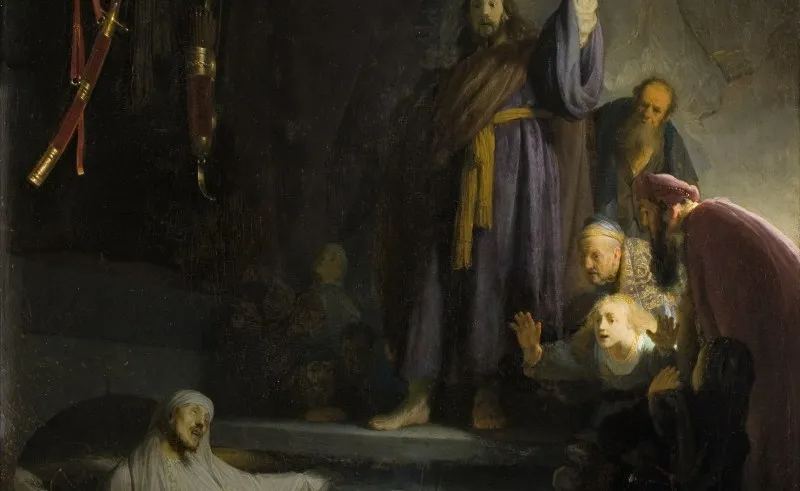
You must be logged in to post a comment.